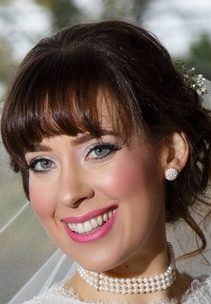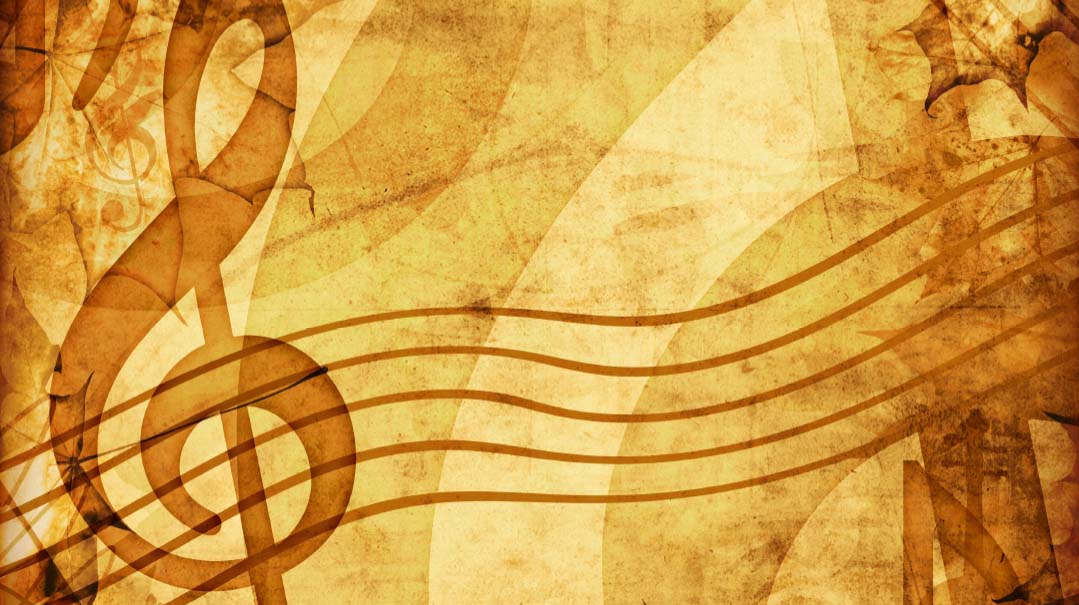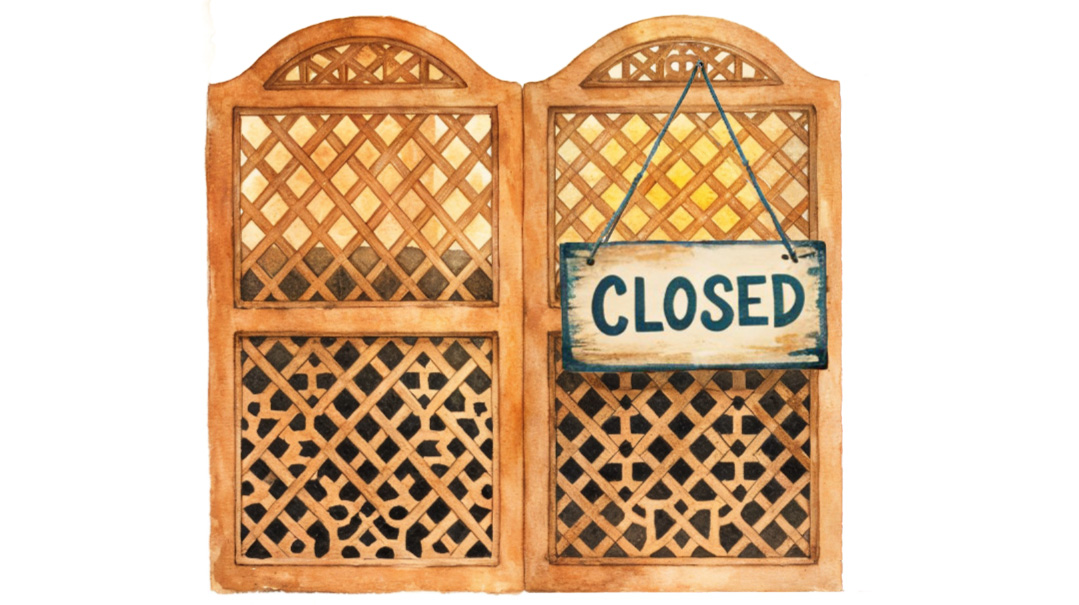Zeidy’s Maoz Tzur

Zeidy learned it from his own father, who was murdered in the Holocaust

After lighting tonight, my brother’s message says, listen to this. I already know what it is. It’s a recording of our Zeidy lighting his Menorah, complete with Maoz Tzur.
“L’hadlik ner shel Chaniku.”
Zeidy’s always been a ghost to me. Of all my grandparents, my paternal grandfather is the only one I never knew. He died before I was born, making me an anomaly in my immediate family, as everyone else has memories of him.
My Babis and other Zeidy have also passed on since then, but when I see them on video, it’s not eerie. I remember their speech and sayings quite well. But it’s odd to listen to an unknown voice while being strongly aware it has a connection to you.
“Sheh-usu nisim la’avoseini.”
When the recording surfaced a few years ago, my aunt digitized it and sent it out to us all. Over the last few Chanukahs, I’d forgotten to fish it out of the subfolder where it’s saved. But my brother made it easy this year, sending it out via WhatsApp.
And so I sit and play it on a loop.
“Lechu naeh l’shabeiach.”
His Maoz Tzur was — is — unique. When I was growing up, my father would sing the standard-issue Maoz Tzur, which has the same tune for each stanza, but once the recording was found, Ta reverted to Zeidy’s version, where each verse has its own melody. Zeidy learned it from his own father, who was murdered in the Holocaust; Ta was named for him.
Zeidy was in his early twenties when the war began. The way the story goes, the local priest offered to protect him, but he declined, saying he couldn’t leave his parents. They were killed, but he wasn’t alone when he emerged from the inferno; many of his siblings had survived too.
“When I listen to this,” my brother says, “I hear Auschwitz.”
“Ruos, ruos, ruuu-os, sava nafshi.”
Zeidy contracted typhus towards the end of the war, and was wasting away in the concentration camp infirmary when liberation came. But he regained his strength. He returned to his hometown, met my Babi there, and married.
They both waited in a German DP camp with their then two sons (one was Ta) until they got visas for America, where they had two more children. They were so young. They had to face so many unknowns, with no one to guide them.
“Devir, devir devir, devir, devir kadishoi.”
They stayed frum. As an adult, that’s what I marvel at. Neither had parents anymore, impressing upon them the importance of their heritage. They were starting over in a new country, with few ties to what had been. When I was younger, I took their faith for granted — of course they were frum! But now, faced with “first-world problems,” I see how shaky our modern attachment can be.
“K’rois koimas koimas b’roish.”
Once, Zeidy was asked what his reaction was to the war. His response was, “Whoever starts up with the Jews,” he replied, “will not have a good end.” As history has proved, over and over.
“Yevunim yevunim nikbitzi alei.”
Zeidy’s menorah sits on top of my china closet, a row of silver lions. It’s in need of repair, but that’s ample proof of its many years of service. “Yehuda Aryeh” is a family name on Zeidy’s side, an apt one considering he was a gibbor, both physically and spiritually.
I reach the part of the recording when my cousin sings along with him. He was a little boy then; now he’s a father of strapping sons. Zeidy and einekel harmonizing Maoz Tzur. In the camps, could he possibly foresee that?
“Hakeim lanu royim shivu.”
The recording ends abruptly. I tap it to replay.
My toddler sits on my lap, listening intently. He obviously doesn’t understand the significance of this song yet, but he’s enjoying the melody.
His name is Matisyahu. He wasn’t a Chanukah baby; he was named for his paternal great-grandfather, also a survivor. Yet I hope he will always remember what his name means, know that he’s a descendant of those who refused to abandon their birthright. As the first Matisyahu did, as his namesake did.
Zeidy’s name was Chaim. His legacy lives on.
(Originally featured in Family First, Issue 770)
Oops! We could not locate your form.







